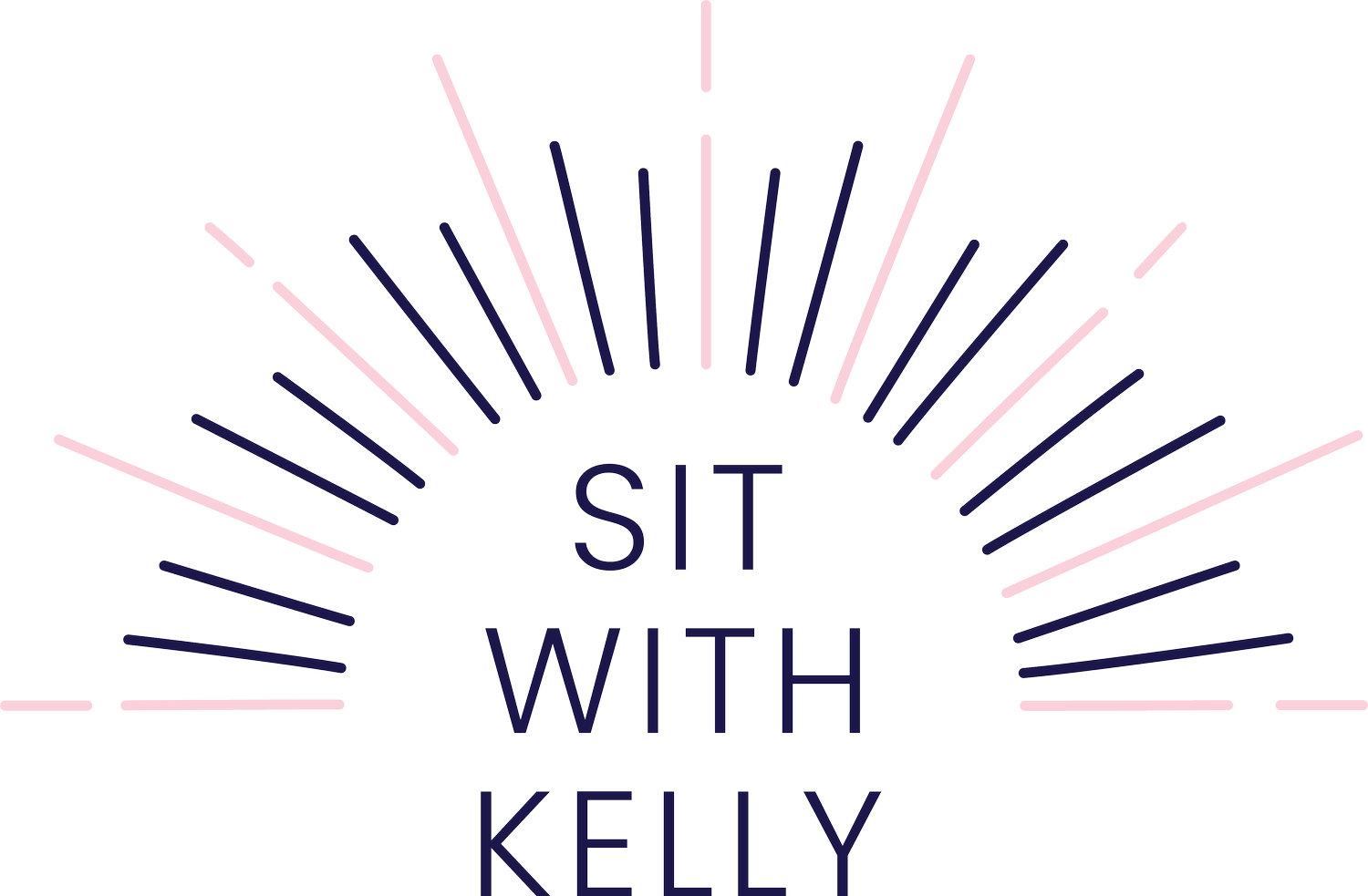Is Being Too Picky in Your Love Life a Bad Thing?
You've been on the market for some time now. You casually remark to your friends about how you'd rather be single forever than waste your time with someone who isn't perfect for you, and each time they affirm, good, you should be picky. And while you aren't lying, and they aren't wrong, you can't help but wonder if you are being too picky. Is there even such a thing? And if so, is it bad to be too picky in your love life?
The Impact of Being Too Picky in Your Love Life
Being too picky in your love life can have positive and negative consequences. On the one hand, having high standards can help you find a partner who meets your needs and values, leading to a more fulfilling relationship.
When you know what you're looking for in a partner, you're less likely to waste your time on relationships that aren't a good fit, which can save you heartache and disappointment in the long run. Being picky can also help you maintain self-respect and prevent you from settling for less than you deserve.
On the other hand, being overly picky can lead to missed opportunities and a narrow dating pool, making it more difficult to find a compatible partner.
When you have a laundry list of requirements for a partner, you may overlook people who could be a good match for you in other ways. You may find yourself without romantic prospects if you constantly turn down potential partners because they don't meet your standards. This can lead to loneliness and frustration, no matter how much you try to convince yourself that you're okay being "alone" forever.
Pickiness vs. Prioritization: Why Knowing Your Priorities Matters
It's scary getting more involved with someone, yet continue struggling to determine whether it's the right person for you. Even when you find someone you enjoy being around – whose temperament and personality suit yours – there will always be moments of questioning and doubt.
For instance, you may have all the right values and things in common. Still, you become hesitant or unsure, thinking their approach to handling anything from negative emotions to finances could be better or healthier.
In these moments, it's important to ask yourself questions like:
Is this a dealbreaker to me?
Are their behaviors a result of temporary external stressors?
Do they treat me well, and is that more important?
What is most important to me?
While there are no right or wrong answers to these questions, remember that it's always easier to notice things or judge when you're on the outside. It's especially easy to overthink or compare another's actions or thought processes when dating and actively scoping someone out. Be careful not to turn everything into a "what would I do?" or "how would someone else do it better?" scenario.
With this in mind, how can you strike a balance between being picky and being open-minded? While weighing out these matters is more than okay, focusing on your core values and priorities in a relationship is key. Identify the qualities and characteristics most important to you in a partner, such as shared interests, similar life goals, and emotional compatibility.
Furthermore, never discredit your emotional data when your thoughts feel overwhelming and never seem to get you anywhere. In other words, pay attention to how you feel around this person. Meanwhile, take your time and allow the dating process to unravel the other answers – that's why dating exists, after all!
Finding Love is Not a Matter of Settling but Being Flexible
It's okay to be picky in your love life, as long as you recognize that perfection doesn't exist. By honing in on your key values and priorities and being open to compromise on the smaller stuff, you'll boost your odds of discovering a happy and lasting relationship.
So keep your standards high, but keep an open mind and heart, too. Your "perfect" match may be closer than you think!
Remember: this post is for informational purposes only and may not be the best fit for you and your personal situation. It shall not be construed as legal, financial, or medical advice. The information and education provided here is not intended or implied to supplement or replace professional advice of your own attorney, accountant, physician, or financial advisor. Always check with your own physician, attorney, financial advisor, accountant, or other business or medical professional before trying or implementing any information read here.


